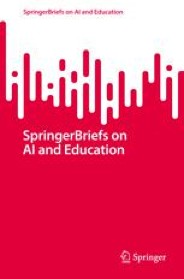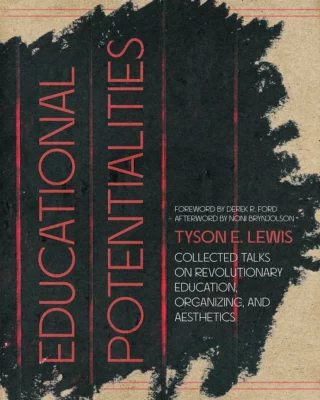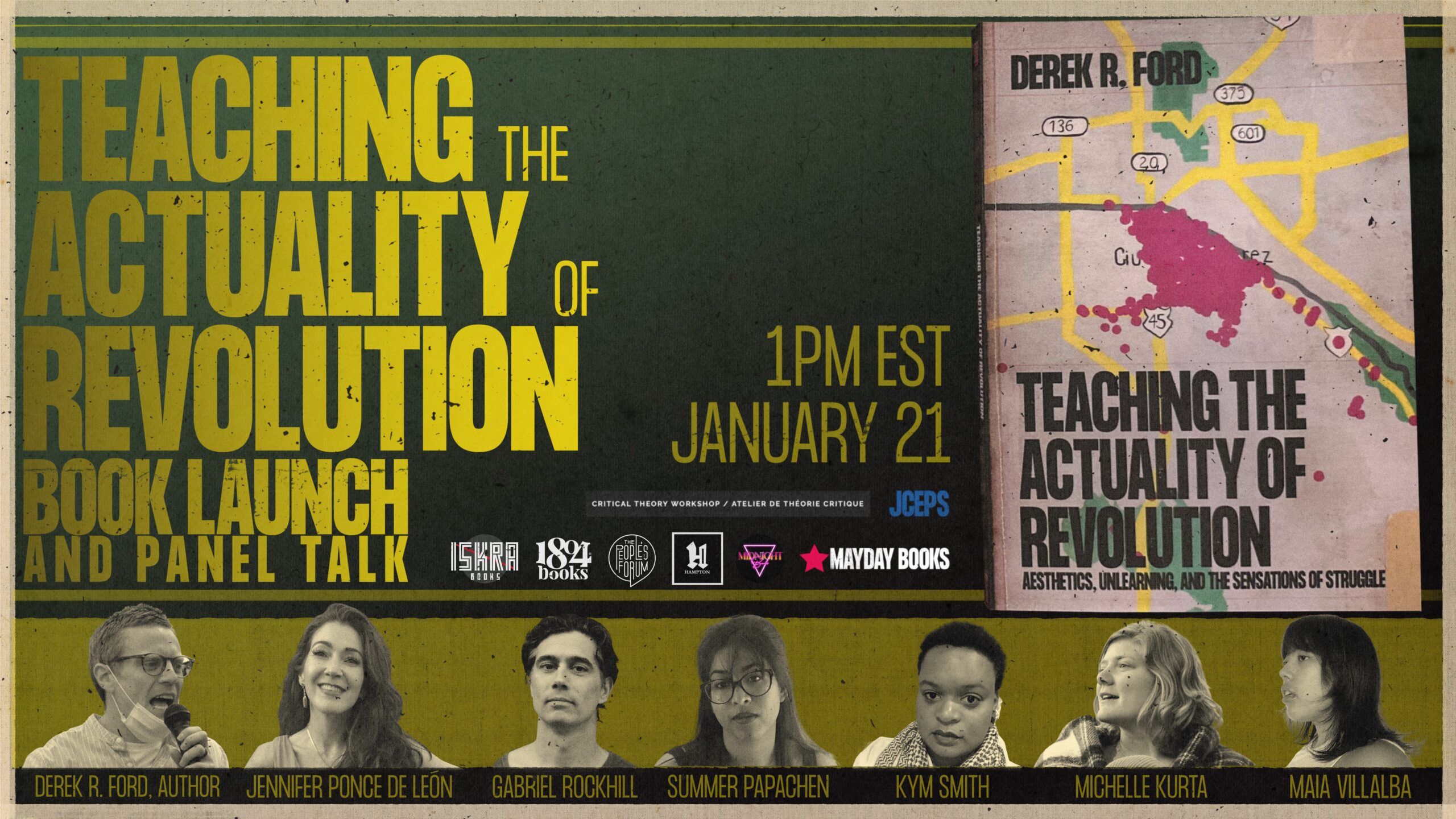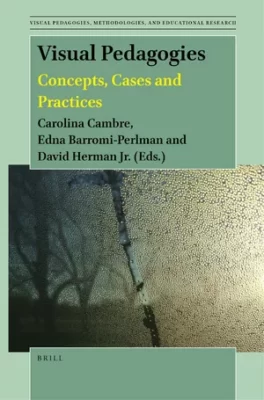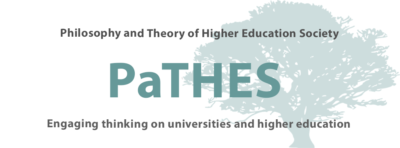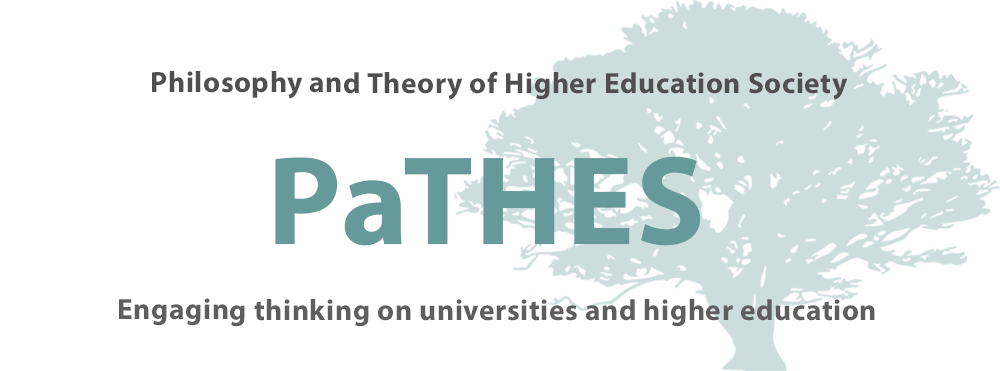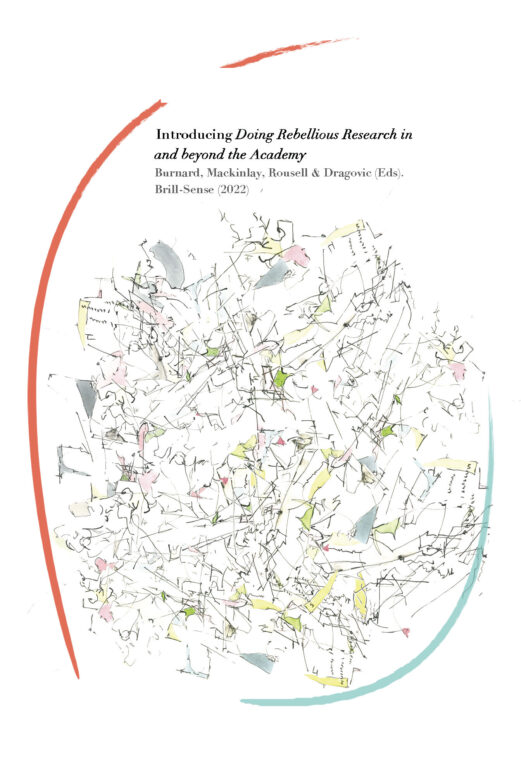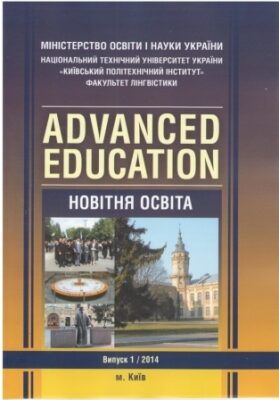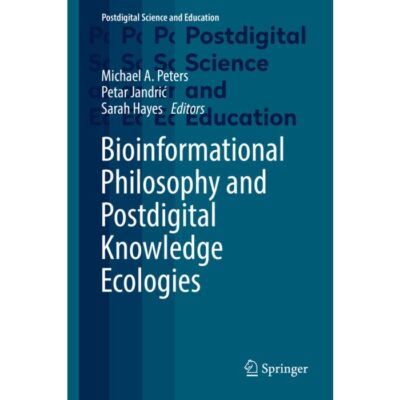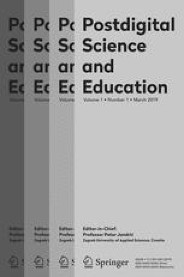ACCESS Special Issue Call for Papers
Computational thinking and the curriculum: Global perspectives
Proposal deadline: 15 May 2022
Full submission deadline: 15 September 2022
Special Issue Editors
Andrew Gibbons, Auckland University of Technology, agibbons@aut.ac.nz
Ricardo Sosa, Auckland University of Technology
Daniel Badenhorst, Macquarie University
Computational thinking is a relatively new and rapidly growing focus for early childhood and school curricula in many of the world’s education systems. Teachers are increasingly expected to learn computational thinking, its pedagogies, and to integrate it across the curriculum.
Computational thinking is considered a general problem-solving skill that includes abilities such as reasoning at multiple levels of abstraction, decomposing problems, and formulating clear and detailed instructions to program computers (Wing, 2006). For early childhood, primary and secondary school learners, computational thinking typically includes abilities such as formulating problems in ways that enable producing solutions using computers, logical organisation of data, abstraction through models and simulations, algorithmic thinking to automate solutions, and the pursuit of efficient and effective steps and resources (Sykora, 2021). Yet, in existent literature, the very meaning of computational thinking is hard to pin down (Denning, 2017; Hemmendinger, 2010; Kite et al., 2021).
Some common threads unite much of the literature. Nevertheless, the vast majority of the literature proposes ‘new’ and/or improved definitions and identifies different limitations to previous definitions. In addition, the nature and purpose of computational thinking in the curriculum has been the focus of critical questioning of its conceptualisation and drivers (Martins-Pacheco et al., 2020; Mehta et al., 2020). Education policy tends to guide teachers towards a simplistic, narrow, and limited understandings of computational thinking. The cultural and political dimensions of the technology curriculum have long been overlooked, in ways that add to this instrumental focus and detract from more inclusive and critical views of computational thinking (Kafai et al., 2019; Marshall, 2000; Mills et al., 2021).
This ACCESS call for papers invites proposals for research that engages with and/or contributes to teachers’ perspectives of, and experiences with computational thinking.
The purpose of this special issue is to contribute to the meaning of computational thinking through sharing and analysing the perspectives and experiences of teachers. This practitioner focus contributes a community-led and community focused lens on computational thinking in contexts of dialogic learning (Freire, 1993).
Proposals for the special issue should detail how the paper explores:
- The nature and possibilities of computational thinking
- The views and experiences of teachers
Themes may include (but not be limited to) computational thinking and:
- Pedagogies
- Curriculum
- Student voice
- Assessment
- Professional development
- Social justice
- Problem-posing and inquiry-based learning
The editors invite papers that recognise the essential contribution of critical analysis of computational thinking curriculum policies and practices, and a critical approach to the ways in which the endpoint of the algorithm constrains the actual process of thinking.
Submission instructions
Proposals for position papers (up to 2,000 words) and research papers (up to 5,000 words) should be 300 to 500 words in length.
For inquiries regarding the special issue and the submission of proposals please contact Andrew Gibbons at agibbons@aut.ac.nz
Timeline:
Proposals due by: 15 May 2022
Confirmation of acceptance by: 1 June 2022
Full submissions due by: 15 September 2022
Submissions reviewed by: 1 November 2022
References
Denning, P. J. (2017). Remaining trouble spots with computational thinking. Communications of the ACM, 60(6), 33-39. https://doi.org/10.1145/2998438
Freire, P. (1993). Pedagogy of the oppressed. Continuum.
Hemmendinger, D. (2010). A plea for modesty. ACM Inroads, 1(2), 4–7. https://doi.org/10.1145/1805724.1805725
Kafai, Y. B., Proctor, C., & Lui, D. A. (2019). Framing computational thinking for computational literacies in K-12 education. In, Proceedings of the Weizenbaum Conference 2019 “Challenges of Digital Inequality – Digital Education, Digital Work, Digital Life” (pp. 1-6). https://doi.org/10.34669/wi.cp/2.21
Kite, V., Park, S., & Wiebe, E. (2021). The code-centric nature of computational thinking education: A review of trends and issues in computational thinking education research. Sage Open, 11(2), https://doi.org/10.1177/21582440211016418
Marshall, J. D. (2000). Technology, education, and indigenous peoples: The case of Māori. Educational Philosophy and Theory, 32(1), 119-131. https://doi.org/10.1111/j.1469-5812.2000.tb00438.x
Martins-Pacheco, L., von Wangenheim, C., & Alves, N. (2020). Polemics about computational thinking: Digital competence in digital zeitgeist–Continued search for answers. In, Proceedings of the 12th International Conference on Computer Supported Education (CSEDU 2020), (pp 499-506). https://doi.org/10.5220/0009797104990506
Mehta, R., Creely, E., & Henriksen, D. (2020). A profitable education: Countering neoliberalism in 21st century skills discourses. In J. Keengwe & G. Onchwari (Eds.), Handbook of Research on Literacy and Digital Technology Integration in Teacher Education (pp. 359-381). IGI Global. https://doi.org/10.4018/978-1-7998-1461-0.ch020
Mills, K., Coenraad, M., Ruiz, P., Burke, Q., & Weisgrau, J. (2021). Computational thinking for an inclusive world: A resource for educators to learn and lead. Digital Promise. https://doi.org/10.51388/20.500.12265/138
Sykora, C. (2021). Computational thinking for all. ISTE. https://www.iste.org/explore/Solutions/Computational-thinking-for-all
Wing, J.M. (2006). Computational thinking. Communications of the ACM, 49(3), 33–36. https://doi.org/10.1145/1118178.1118215


